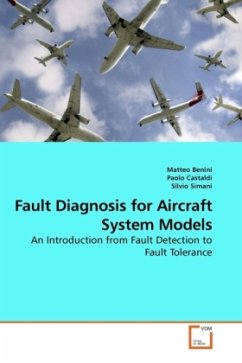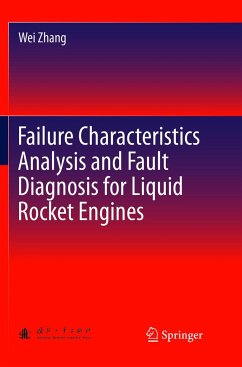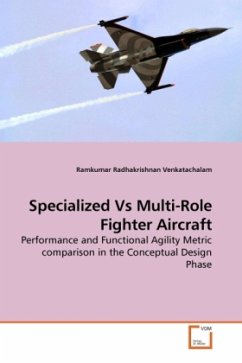
Aircraft Fault Tolerance:
A Biologically Inspired Immune Framework for Sub-System Failures
Versandkostenfrei!
Versandfertig in 6-10 Tagen
39,99 €
inkl. MwSt.

PAYBACK Punkte
20 °P sammeln!
The capability to efficiently perform checkout, testing, and monitoring of aerospace vehicles, subsystems, and components during flight operations in the presence of uncertainties, nonlinearities, and component failures is a challenging problem. This requires intelligent systems with the ability to perform timely status determination, diagnostics, prognostics, and decision making as a key aspect to increase the safety of missions. This book describes the design, development, and flight-simulation testing of an integrated Artificial Immune System (AIS) for detection, identification, and evaluat...
The capability to efficiently perform checkout, testing, and monitoring of aerospace vehicles, subsystems, and components during flight operations in the presence of uncertainties, nonlinearities, and component failures is a challenging problem. This requires intelligent systems with the ability to perform timely status determination, diagnostics, prognostics, and decision making as a key aspect to increase the safety of missions. This book describes the design, development, and flight-simulation testing of an integrated Artificial Immune System (AIS) for detection, identification, and evaluation of a wide variety of sensor, actuator, propulsion, and structural failures/damages including the prediction of the achievable states and other limitations on performance and handling qualities. The NASA IFCS F-15 research aircraft model is used and represents a supersonic fighter which include model following adaptive control laws based on non- linear dynamic inversion and artificial neural network augmentation. Flight simulation tests are described to analyze and demonstrate the performance of the immunity-based architecture.












